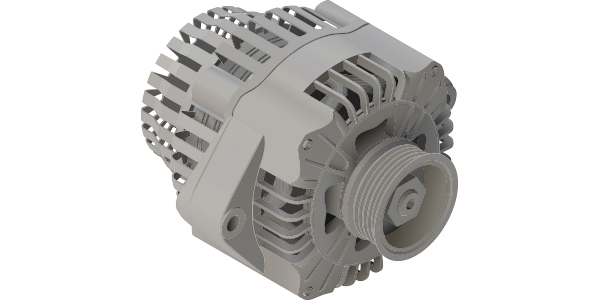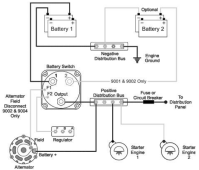OTRwSolar
Solar Enthusiast
- Joined
- Apr 5, 2021
- Messages
- 208
Can a dc to dc charger be safely powered by an alternator *directly*?
Describing a scenario where the only connection on the alternator's pos (+) output terminal is the dc to dc charger. There's no other load, device, or battery connected to the alternator output except the dc to dc charger. Thanks.
Describing a scenario where the only connection on the alternator's pos (+) output terminal is the dc to dc charger. There's no other load, device, or battery connected to the alternator output except the dc to dc charger. Thanks.
Last edited:




